Originating in South Korea around 2015 and 2016, the 4B Movement has gained global attention for its rejection of traditional gender roles. Popular among women in their twenties, the movement revolves around four principles: “bihon, bichulsan, biyeonae, and bisekseu.” When translated, these words mean: “The refusal of marriage, childbirth, dating, and sexual relationships with men.” The movement was created as a response to widespread dissatisfaction among South Korean women regarding gender inequality, including wage gaps and unfair treatment. The tragic murder of a woman in a Seoul subway station in 2016 where the killer declared he acted because “he felt ignored by women” further set off the growth of this movement and sparked discussions around the dangers of misogyny and the need for empowerment.
Recently, discussions and interest in the 4B Movement have caught some women’s interest in America. Particularly after Donald Trump won his second non-consecutive term for the presidency, numerous people are now starting to take part in the movement in response to Trump’s alleged sexual assaults; his role in the overturning of Roe V. Wade; and his widely perceived imminent attack on women’s rights as a whole. However, there is growing doubt that the 4B Movement will pick up in America and become “mainstream” because of its extremity. Additionally, it isn’t well known in America, and the momentum of the movement is starting to decline in its birthplace, South Korea. Abby K, a 27-year-old Florida resident who posted a video about her decision to join the 4B movement, says men flooded her DMs with death threats and hateful comments about her appearance. Quoted in a CNN article she says, “I don’t ever expect everyone in America to hold hands and agree not to date men.”
In conclusion, the 4B Movement highlights significant concerns about gender inequality and women’s rights. While its influence in America reflects the rise of feminism over these past few years, its mainstream adoption remains uncertain due to the mixed opinions and doubts surrounding it. Still, it is a means to empower women and stands as a call for equality and respect.
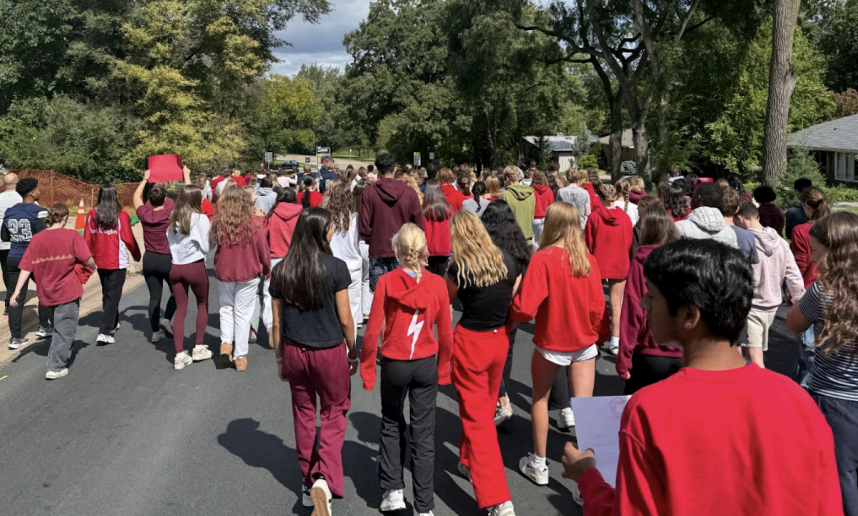




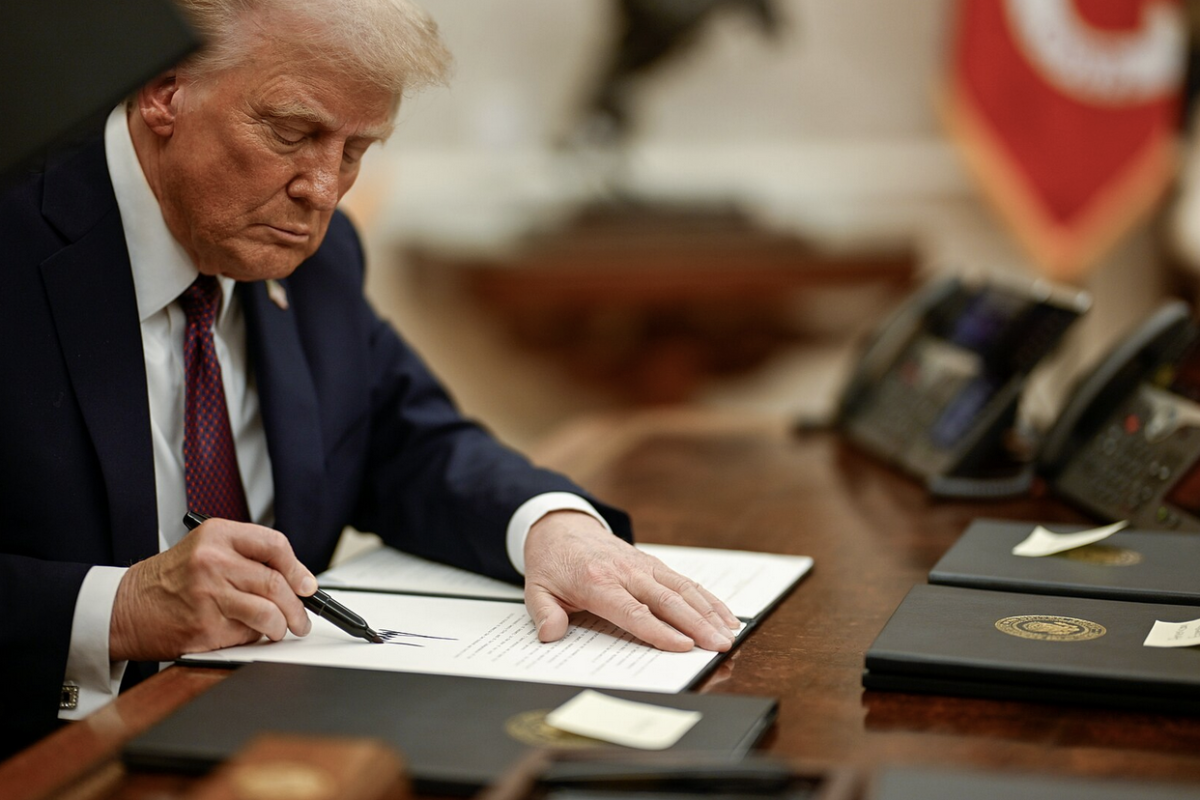


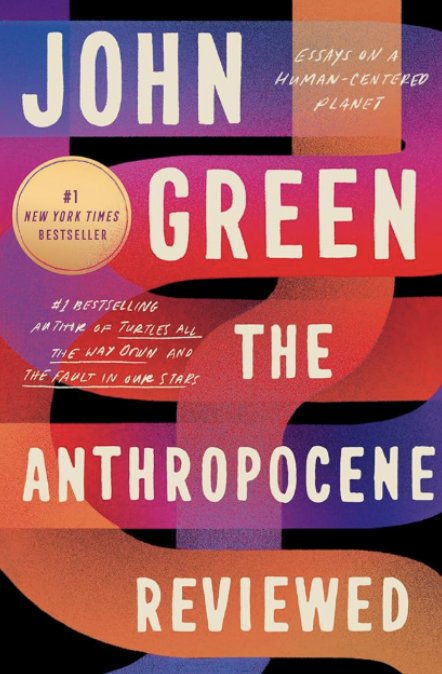


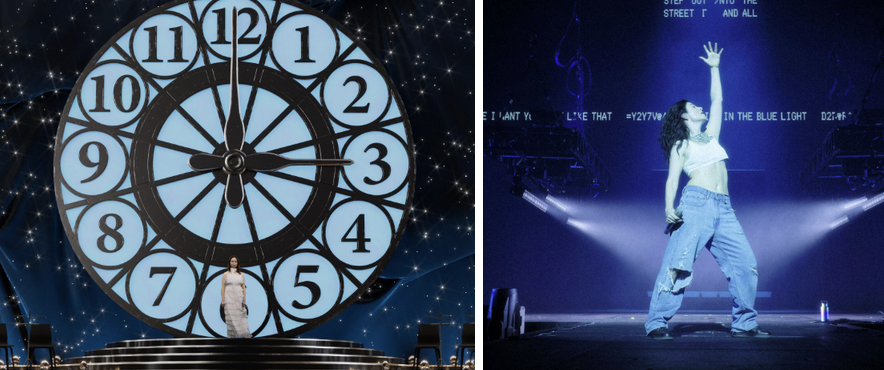
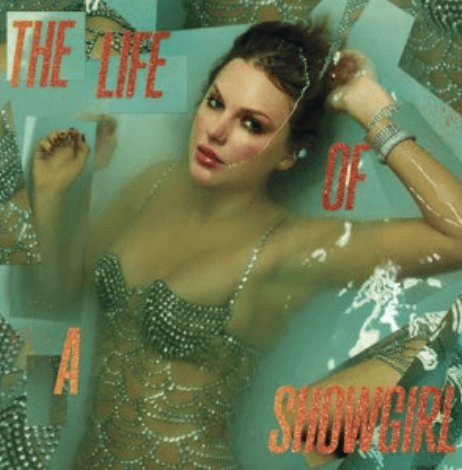















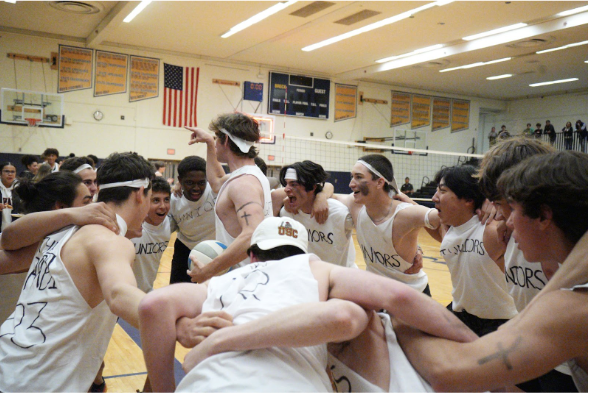



Kelan McKay • Dec 12, 2024 at 2:45 pm
This is so informative and great!!! Good job!